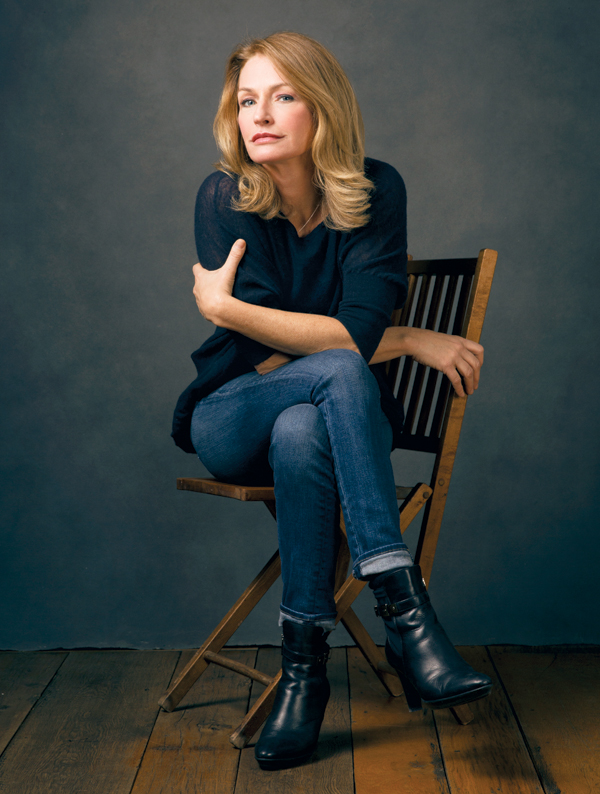Book Review: Cape Ann
 Photo by Scott M. Lacey
Photo by Scott M. Lacey
Some readers may approach Ann Leary’s new novel warily, just because she’s the wife of famed Masshole actor Denis Leary—a fact she places front and center in her bio. But once they crack open The Good House (out tomorrow, January 15, St. Martin’s Press, $25), her third book, they’re likely to forget Denis and discover one of the best works of Massachusetts fiction in recent memory.
The Good House takes place in a fictional North Shore town called Wendover. It’s sort of a smaller, more precious Ipswich, a place where townies are getting priced out of their old family homes and the newly moneyed are buying up the quaint housing stock and renovating it with little sensitivity. As the protagonist, a real estate agent named Hildy Good, puts it, “They want it old, but they want it new.”
Hildy, the novel’s most ingenious creation, is an unsentimental and complicated wiseass, and the force of her character makes The Good House more than a Cheeveresque take on New England society. As a 60-year-old who grew up in the town, she knows all the stories of the old families and the hot gossip of the new ones. She’s also a recovering alcoholic, and, in slow motion, Leary vividly dramatizes the interior monologue of a good soul falling off the wagon.
Hildy’s private struggle is set against a backdrop of her six decades of life experience in a North Shore burg where aging lobstermen are giving way to robust hedge funders, and where reinventing yourself as a sober person is no easy task. As a townie herself, she looks back fondly on the place’s fading past, while the hard-nosed real estate agent in her recognizes that change is good for business. After she sells her parents’ “crooked old farmhouse,” it’s torn down and replaced with a vile McMansion, which she hates, but at the same time, she knows that the market trumps the memories. “My dad always felt,” she recalls, “that people had the right to do whatever they wanted with the property they owned.”

